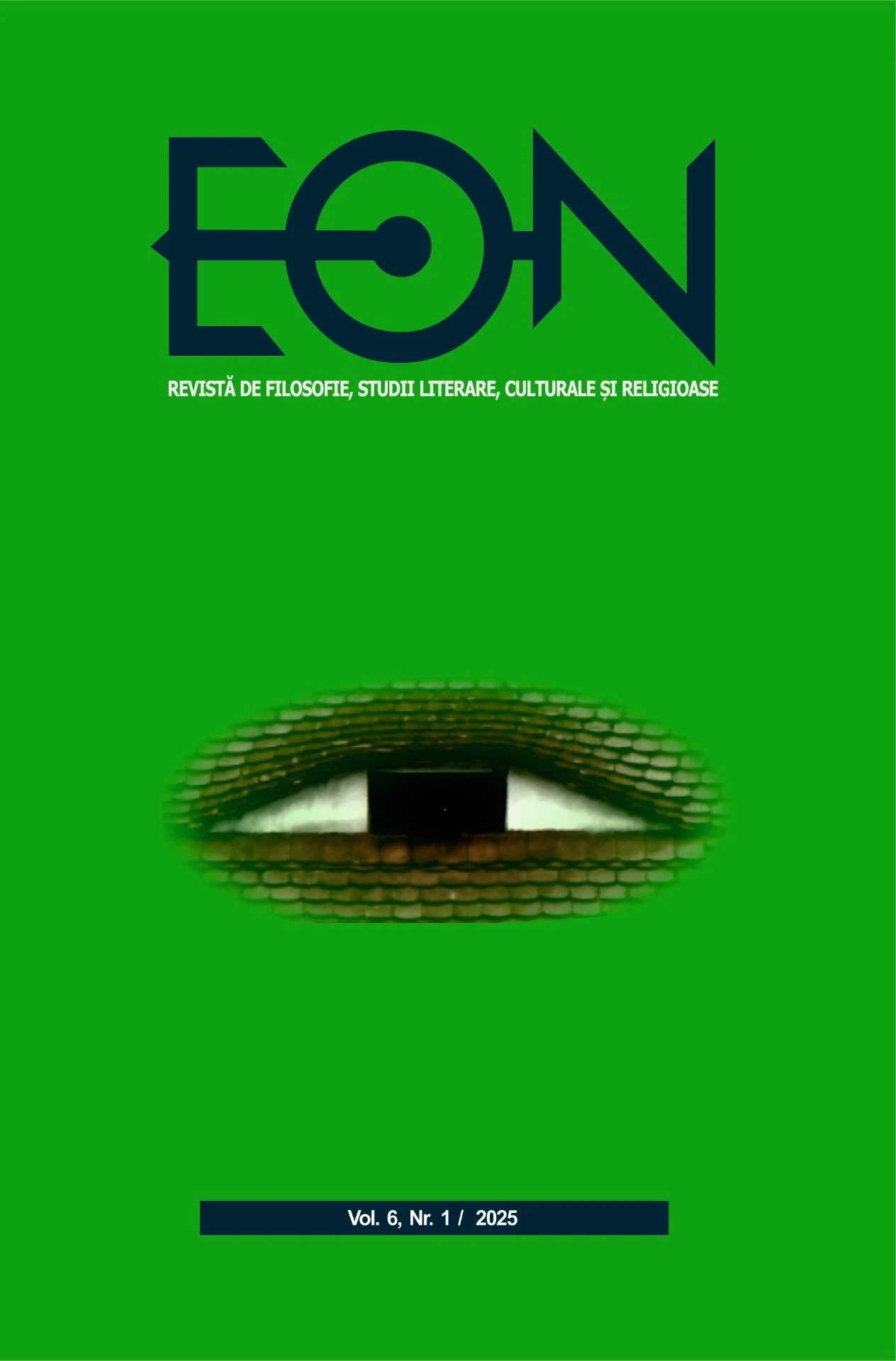Subjectivity and Knowledge: Foucault’s Epistemic Discourse and Its Implications for Arab Critical Thought
Subjectivity and Knowledge: Foucault’s Epistemic Discourse and Its Implications for Arab Critical Thought
Author(s): Abdelaziz Menci, Youcef AttiaSubject(s): Philosophy, Special Branches of Philosophy, Philosophy of Religion
Published by: Eon – Asociație pentru Promovarea Culturii, Artei, Educației și Cercetării Științifice
Keywords: subjective experience; epistemic discourse; power; author; ideology;
Summary/Abstract: This study aims to analyze the reasons why the issues of thought raised by Michel Foucault continue to garner attention more than forty years after his death, with a focus on his influence on both Arab and global thought. The study adopts a critical analytical approach to Foucault's works, comparing the different intellectual trends in the Arab world regarding his ideas, ranging from adoption and assimilation to the complete rejection of foreign influence. The study also examines how Foucault addressed the relationship between literature and philosophy, relying on various critical references from both within and outside France. The results reveal that Foucauldian thought in the Arab world has been significantly influenced by translations and Western philosophical criticism, with some aspects of his literary and critical views being overlooked, reflecting a partial understanding of his thought. The study further shows that Foucault was not just a philosopher, but a thinker deeply influenced by his personal experiences in shaping his knowledge.
Journal: EON
- Issue Year: 6/2025
- Issue No: 1
- Page Range: 14-28
- Page Count: 15
- Language: English

